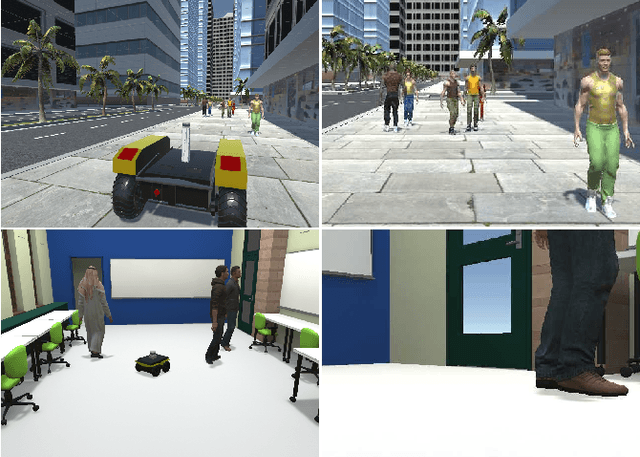Jeacy Espinoza
Assessment of Clonal Hematopoiesis of Indeterminate Potential from Cardiac Magnetic Resonance Imaging using Deep Learning in a Cardio-oncology Population
Jun 26, 2024Abstract:Background: We propose a novel method to identify who may likely have clonal hematopoiesis of indeterminate potential (CHIP), a condition characterized by the presence of somatic mutations in hematopoietic stem cells without detectable hematologic malignancy, using deep learning techniques. Methods: We developed a convolutional neural network (CNN) to predict CHIP status using 4 different views from standard delayed gadolinium-enhanced cardiac magnetic resonance imaging (CMR). We used 5-fold cross validation on 82 cardio-oncology patients to assess the performance of our model. Different algorithms were compared to find the optimal patient-level prediction method using the image-level CNN predictions. Results: We found that the best model had an area under the receiver operating characteristic curve of 0.85 and an accuracy of 82%. Conclusions: We conclude that a deep learning-based diagnostic approach for CHIP using CMR is promising.
SEAN: Social Environment for Autonomous Navigation
Sep 09, 2020

Abstract:Social navigation research is performed on a variety of robotic platforms, scenarios, and environments. Making comparisons between navigation algorithms is challenging because of the effort involved in building these systems and the diversity of platforms used by the community; nonetheless, evaluation is critical to understanding progress in the field. In a step towards reproducible evaluation of social navigation algorithms, we propose the Social Environment for Autonomous Navigation (SEAN). SEAN is a high visual fidelity, open source, and extensible social navigation simulation platform which includes a toolkit for evaluation of navigation algorithms. We demonstrate SEAN and its evaluation toolkit in two environments with dynamic pedestrians and using two different robots.
 Add to Chrome
Add to Chrome Add to Firefox
Add to Firefox Add to Edge
Add to Edge